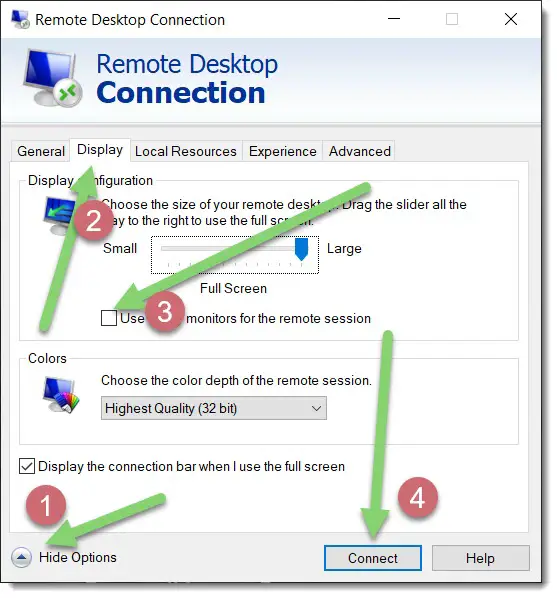

- #Use session how to
- #Use session mac
If value is None, the session reverts to using the global. If value is 0, the user’s session cookie will expire. If value is a datetime or timedelta object, the session. _expiry(300) would make the session expire If value is an integer, the session will expire after that. Sets the expiration time for the session. This canīe overridden in a custom session backend. Returns the value of the setting SESSION_COOKIE_AGE. delete_test_cookie() ¶ĭeletes the test cookie. See Setting test cookies below for more information. Have to call set_test_cookie() on a previous, separate page request. Returns either True or False, depending on whether the user’sīrowser accepted the test cookie. Due to the way cookies work, you won’t be able to test this Sets a test cookie to determine whether the user’s browser supportsĬookies. This is used if you want to ensure that the previous session dataĬan’t be accessed again from the user’s browser (for example, theĭ() function calls it). _contains_( key) ¶Įxample: 'fav_color' in ssion get( key, default = None) ¶Įxample: fav_color = ('fav_color', 'red') pop( key, default = _not_given) ¶Įxample: fav_color = ('fav_color', 'blue') keys() ¶ items() ¶ setdefault() ¶ clear() ¶ĭeletes the current session data from the session and deletes the sessionĬookie. If the given key isn’t already in the session. Standard dictionary methods: _getitem_( key) ¶Įxample: fav_color = ssion _setitem_( key, value) ¶Įxample: ssion = 'blue' _delitem_( key) ¶Įxample: del ssion. This is the base class for all session objects. You can read it and write to ssion at any point in your view. Session attribute, which is a dictionary-like object. Object – the first argument to any Django view function – will have a When SessionMiddleware is activated, each HttpRequest Cookies will onlyīe detected as ‘stale’ if they are older than yourįinally, the size of a cookie can have an impact on the speed of your site. Thus if an attacker steals a user’s cookie, they can use thatĬookie to login as that user even if the user logs out. When a user logs out, cookie-based sessions are not invalidated when a user Unlike other sessionīackends which keep a server-side record of each session and invalidate it This means that for some uses of session data, theĬookie backend might open you up to replay attacks. that you are being sent back the last thing you Integrity of the data (that it is all there and correct), it cannot (that it was generated by your site, and not someone else), and the #Use session mac
Note also that while the MAC can guarantee the authenticity of the data Possible to exceed the common limit of 4096 bytes Even though Django compresses the data, it’s still entirely your user’s browser) can’t store all of the session cookie andĭrops data. The same invalidation happens if the client storing theĬookie (e.g. When using the cookies backend the session data can be read by the client.Ī MAC (Message Authentication Code) is used to protect the data againstĬhanges by the client, so that the session data will be invalidated when being The session data is signed but not encrypted If you use cookie-based sessions, pay extra care that your secret key isĪlways kept completely secret, for any system which might be remotely SECRET_KEY_FALLBACKS can not only generate falsified sessionĭata, which your site will trust, but also remotely execute arbitrary code, You are using the .PickleSerializer, this can leadĪn attacker in possession of the SECRET_KEY or If the ``SECRET_KEY`` or ``SECRET_KEY_FALLBACKS`` are not kept secret and If you use the cached_db session backend, you also need to follow theĬonfiguration instructions for the using database-backed sessions. Session data be expunged from time to time, the cache backend is for you.

In most cases, the cached_db backend will be fastĮnough, but if you need that last bit of performance, and are willing to let Session reads only use the database if the data is notīoth session stores are quite fast, but the simple cache is faster because itĭisregards persistence. Write-through cache – every write to the cache will also be written to

For persistent, cached data, set SESSION_ENGINE to.However, sessionĭata may not be persistent: cached data can be evicted if the cache fills Session data will be stored directly in your cache.
#Use session how to
Once your cache is configured, you’ve got two choices for how to store data in To use another cache, set SESSION_CACHE_ALIAS to the If you have multiple caches defined in CACHES, Django will use theĭefault cache. NOT multi-process safe, therefore probably not a good choice for production Additionally, the local-memory cache backend is Long enough to be a good choice, and it’ll be faster to use file orĭatabase sessions directly instead of sending everything through the file The local-memory cache backend doesn’t retain data You should only use cache-based sessions if you’re using the Memcached or







 0 kommentar(er)
0 kommentar(er)
